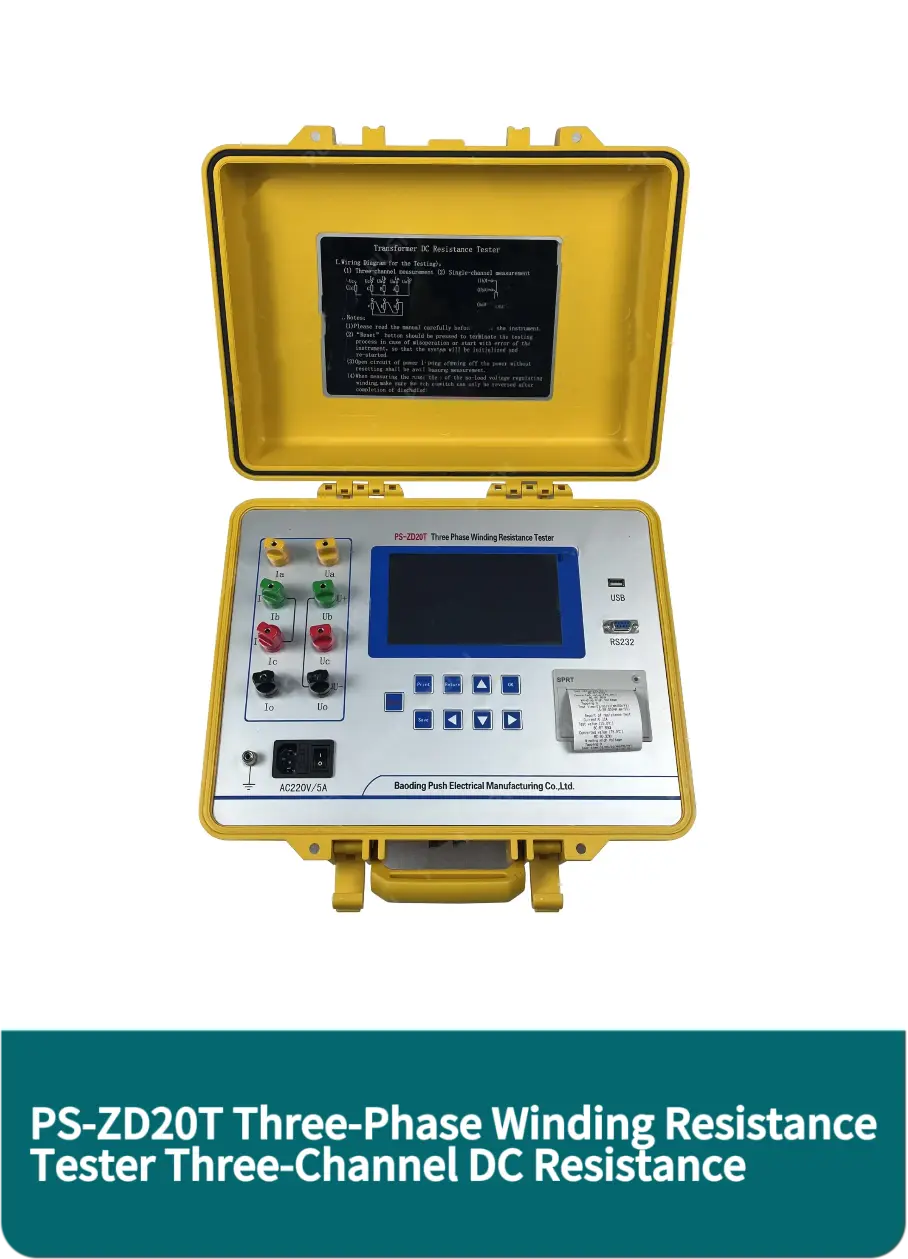 English
English



-
 Afrikaans
Afrikaans -
 Albanian
Albanian -
 Amharic
Amharic -
 Arabic
Arabic -
 Armenian
Armenian -
 Azerbaijani
Azerbaijani -
 Basque
Basque -
 Belarusian
Belarusian -
 Bengali
Bengali -
 Bosnian
Bosnian -
 Bulgarian
Bulgarian -
 Catalan
Catalan -
 Cebuano
Cebuano -
 China
China -
 China (Taiwan)
China (Taiwan) -
 Corsican
Corsican -
 Croatian
Croatian -
 Czech
Czech -
 Danish
Danish -
 Dutch
Dutch -
 English
English -
 Esperanto
Esperanto -
 Estonian
Estonian -
 Finnish
Finnish -
 French
French -
 Frisian
Frisian -
 Galician
Galician -
 Georgian
Georgian -
 German
German -
 Greek
Greek -
 Gujarati
Gujarati -
 Haitian Creole
Haitian Creole -
 hausa
hausa -
 hawaiian
hawaiian -
 Hebrew
Hebrew -
 Hindi
Hindi -
 Miao
Miao -
 Hungarian
Hungarian -
 Icelandic
Icelandic -
 igbo
igbo -
 Indonesian
Indonesian -
 irish
irish -
 Italian
Italian -
 Japanese
Japanese -
 Javanese
Javanese -
 Kannada
Kannada -
 kazakh
kazakh -
 Khmer
Khmer -
 Rwandese
Rwandese -
 Korean
Korean -
 Kurdish
Kurdish -
 Kyrgyz
Kyrgyz -
 Lao
Lao -
 Latin
Latin -
 Latvian
Latvian -
 Lithuanian
Lithuanian -
 Luxembourgish
Luxembourgish -
 Macedonian
Macedonian -
 Malgashi
Malgashi -
 Malay
Malay -
 Malayalam
Malayalam -
 Maltese
Maltese -
 Maori
Maori -
 Marathi
Marathi -
 Mongolian
Mongolian -
 Myanmar
Myanmar -
 Nepali
Nepali -
 Norwegian
Norwegian -
 Norwegian
Norwegian -
 Occitan
Occitan -
 Pashto
Pashto -
 Persian
Persian -
 Polish
Polish -
 Portuguese
Portuguese -
 Punjabi
Punjabi -
 Romanian
Romanian -
 Russian
Russian -
 Samoan
Samoan -
 Scottish Gaelic
Scottish Gaelic -
 Serbian
Serbian -
 Sesotho
Sesotho -
 Shona
Shona -
 Sindhi
Sindhi -
 Sinhala
Sinhala -
 Slovak
Slovak -
 Slovenian
Slovenian -
 Somali
Somali -
 Spanish
Spanish -
 Sundanese
Sundanese -
 Swahili
Swahili -
 Swedish
Swedish -
 Tagalog
Tagalog -
 Tajik
Tajik -
 Tamil
Tamil -
 Tatar
Tatar -
 Telugu
Telugu -
 Thai
Thai -
 Turkish
Turkish -
 Turkmen
Turkmen -
 Ukrainian
Ukrainian -
 Urdu
Urdu -
 Uighur
Uighur -
 Uzbek
Uzbek -
 Vietnamese
Vietnamese -
 Welsh
Welsh -
 Bantu
Bantu -
 Yiddish
Yiddish -
 Yoruba
Yoruba -
 Zulu
Zulu
pre commissioning test of transformer
Pre-Commissioning Test of Transformers
Transformer pre-commissioning testing is a critical procedure that ensures transformers are ready for service, functioning safely, and reliable from the outset of their operational life. Prior to the installation of transformers in electrical power systems, engineers and technicians conduct a series of tests to validate the performance, efficiency, and safety of the equipment. These tests not only help verify the quality of manufacturing but also ensure that transformers meet all operational specifications under various conditions.
Importance of Pre-Commissioning Testing
Pre-commissioning testing serves several important purposes. Firstly, it helps to identify any manufacturing defects or transportation damages that may have occurred. Transformers are complex devices that must operate reliably over long periods, and any flaws can lead to significant operational issues, including failures and outages. Secondly, pre-commissioning testing verifies that all components function as intended. This includes checking connections, calibrating instruments, and validating that the transformer has been assembled according to the manufacturer's specifications.
Key Tests Conducted During Pre-Commissioning
The pre-commissioning testing of transformers encompasses several important tests. Below is a summary of some of the most critical ones
1. Insulation Resistance Test This test measures the insulation resistance of the transformer windings to ensure they are free of moisture and contamination. High insulation resistance indicates proper insulation integrity, which is crucial for safe operation.
2. Power Factor Testing This test evaluates the power factor of the insulation system. A lower power factor indicates deterioration or moisture within the insulation materials. This is essential to ensuring the longevity of the transformer.
pre commissioning test of transformer

3. DC Hipot Test A high-voltage direct current (HVDC) test, also known as a dielectric withstand test, is performed to ensure that the insulation systems can withstand operational voltages. This test confirms the transformer can endure transient overvoltages without breaking down.
4. Transformer Ratio Test Conducted to verify the turns ratio of the transformer, this test ensures that the primary to secondary voltage ratio conforms to the design specifications. Any deviation could indicate a fault in the winding or connections.
5. Winding Resistance Test This measurement verifies that the winding resistance is within acceptable limits, which is critical to ensuring efficiency and minimizing heat generation during operation.
6. Functional Tests Once the passive tests are conducted, functional tests follow. These tests include verifying the operation of cooling systems, checking auxiliary relays, and assessing the effectiveness of overload protection systems.
Documentation and Analysis
All pre-commissioning tests must be meticulously documented. The results are analyzed to determine if further action is required. If any deficiencies are found during testing, corrective actions must be taken immediately to rectify the identified issues. This step is crucial, as it allows for adjustments and repairs before the transformer is put into service.
Conclusion
In conclusion, pre-commissioning testing of transformers is a vital step in ensuring that these essential components of electrical networks operate effectively and safely. By performing a comprehensive suite of tests—ranging from insulation resistance measurements to functional evaluations—engineers can confirm the performance and reliability of a transformer before it is placed in service. Proper execution of these tests not only prevents potential failures and damages but also enhances the lifespan of the transformer, ultimately leading to more stable and efficient power supply systems. The proactive approach of rigorous pre-commissioning tests underscores the importance of quality assurance within the electrical engineering field.
-
Testing Equipment Industry Sees Major Advancements in 2025: Smart & Precision Technologies Lead the WayNewsJun.06,2025
-
Applications of Direct Current Generators in Renewable Energy SystemsNewsJun.05,2025
-
Hipot Tester Calibration and Accuracy GuidelinesNewsJun.05,2025
-
Digital Circuit Breaker Analyzer Features and BenefitsNewsJun.05,2025
-
Benefits of Real-Time Power Quality Monitoring Devices for Industrial EfficiencyNewsJun.05,2025
-
Earth Fault Loop Testing in High-Rise Building Electrical SystemsNewsJun.05,2025



